Glasgow-based Sarah Smith, has taken inspiration from her career as an advocate for disabled people and carers to write her first novel. Hear No Evil earned the writer a nomination for the Bloody Scotland Debut Prize for Crime Fiction and is currently Scottish Book of the Month in Waterstones. Here, she chats to The Courier about her success.
Sarah Smith (56) grew up in Lanarkshire and studied English at the University of Glasgow. Today, she lives in Glasgow with her husband and is mum to two grown-up daughters. After university, she spent; “thirty years working for a range of projects supporting and advocating for disabled people and carers. When I turned 50 I went back to Glasgow University to do an MLitt in Creative Writing, which is where I started working on Hear No Evil.”
Inspiration
Sarah first came across the story of Jean Campbell when she worked with voluntary organisation Deaf Connections. “I met local historian and author, Robert J Smith, whose book, The City Silent, mentioned the case,” she explains. “On a dark winter’s evening, a woman had been seen to throw a baby into the River Clyde from the Old Bridge in Glasgow. She was arrested and the authorities took her to Edinburgh to stand trial. It was the first time a deaf person had been tried at the High Court and I wanted to know more about her.”
Set in 1817, the story is built around the facts available to Sarah about Jean’s arrest and court case. “Although I played around with timescales and conflated some events to make the story flow better for readers,” she says. “The story behind the crime itself is completely fictional. In the early 19th Century, it was all about guilt or innocence; there was no investigation of circumstance or motive. I couldn’t find out what had really brought Jean to that bridge, so I invented one.”
While researching the case, Sarah was frustrated to find that Jean was largely absent from the court records. “She was central to this story but very little about her was written down. Instead, page upon page is given over to so-called learned men who pontificate on her deafness, her immorality, and her poverty. She had nobody in her corner so Hear No Evil is my attempt to give her a voice, albeit 200 years later!”
Insight into the deaf community
Sarah’s experiences working for Deaf Connections helped her enormously in writing about a deaf heroine. “Looking back, having daily conversations with deaf people gave me so many anecdotes and experiences that found their way into the book and helped me build up a picture of what the deaf community in Glasgow might have looked like in 1817.
“For example, when Jean attends the Deaf Church, and starts to feel accepted and have a sense of belonging, that drew on the feelings that a friend described to me about when she first joined the deaf club in Glasgow in the 1970s. It also meant that I knew deaf people who were not only able to help me make Jean’s character accurate and believable as I was writing the book but who have been incredibly supportive of it now it’s out in the world.”
Interpreter required
Despite that insight, Sarah didn’t feel that she could tell Jean’s story in the first person so, as in real life, Robert Kinniburgh steps in. “When you look at the real-life trial, I’m not sure it could have happened without Robert Kinniburgh,” she points out. “And, without an interpreter of sorts, I think it’s likely Jean would have been carted off to an institution and just abandoned.
“For the book, the character of Robert gave me a way to tell Jean’s story.,” she continues. “I’d tried other ways but, as a hearing writer, I realised I needed a hearing character to give me access to Jean, otherwise I would have been pretending to share a deaf woman’s experience and that felt wrong to me.”
Praise for Hear No Evil
She has certainly made the right choices in plotting Hear No Evil. Not only was the story shortlisted for the Bloody Scotland Debut Novel Prize, but it is currently being championed as Scottish book of the month by Waterstones and has also been shortlisted for the Historical Writers Association Debut Crown.
She’s sticking with historical crime for her next book: “This time it’s set in Glasgow in 1920,” says Sarah. “The main character has been widowed in WW1 and takes a job as a bookkeeper in a back court picture house to make ends meet.
“I do seem to like tackling stories in the past,” she admits. “Whether that’s from a distance of two hundred or twenty years, but who knows – maybe I’ll get to the 21st Century eventually!”
Hear No Evil by Sarah Smith is available now, Two Roads, £9.99.
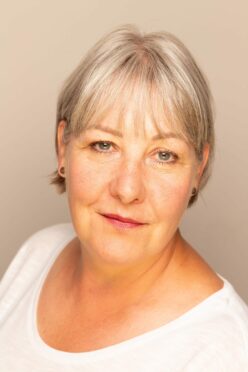
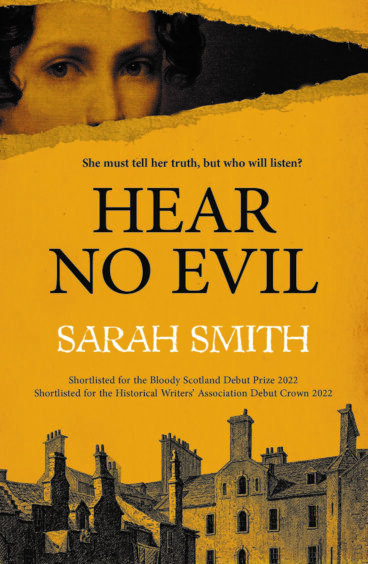

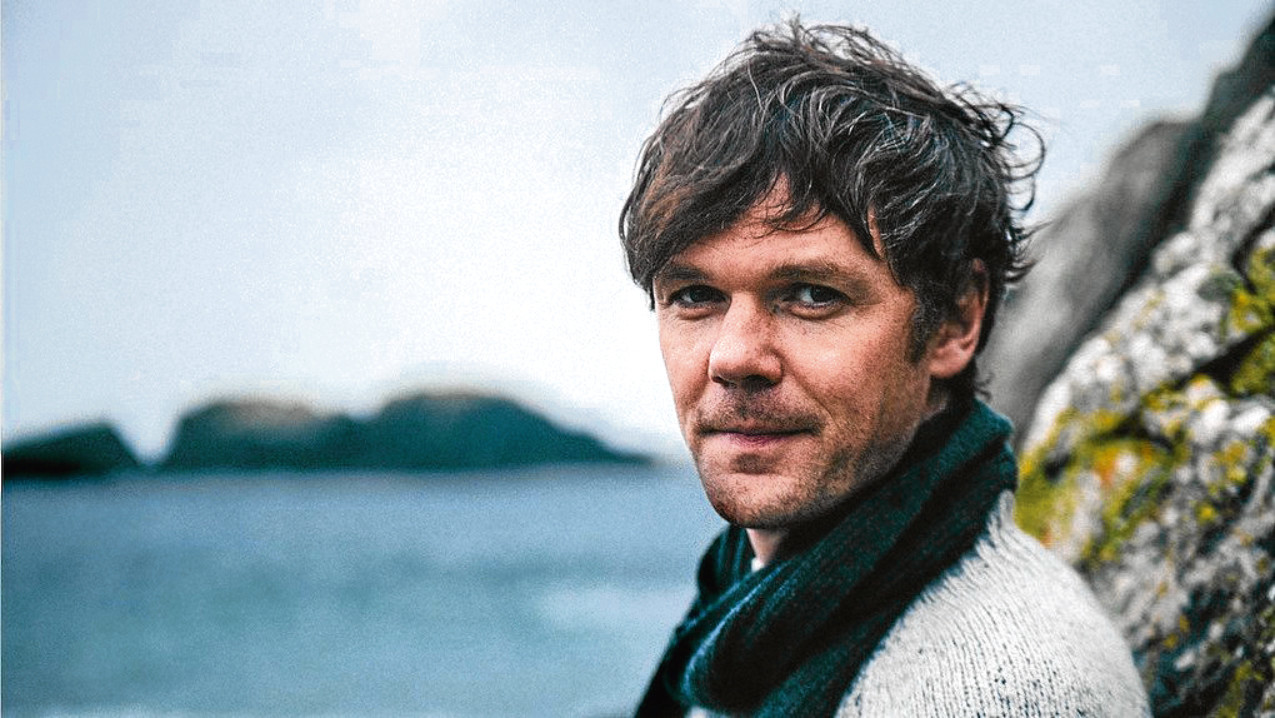
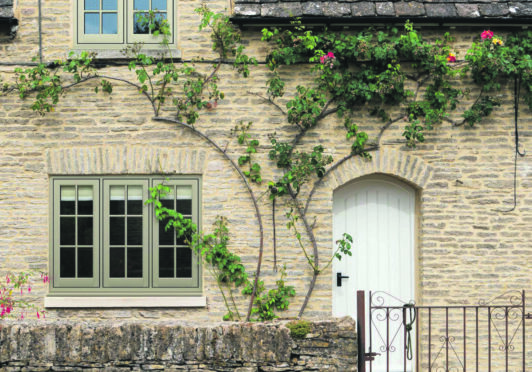





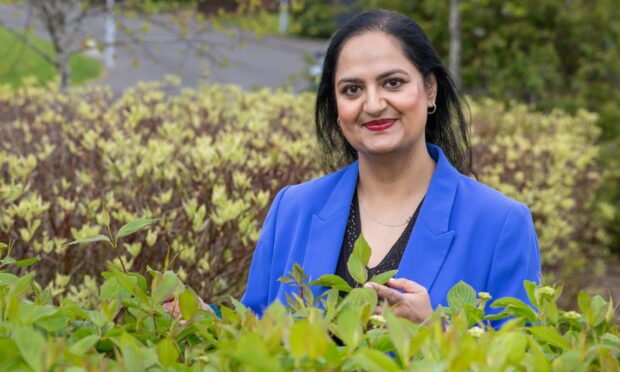

Conversation